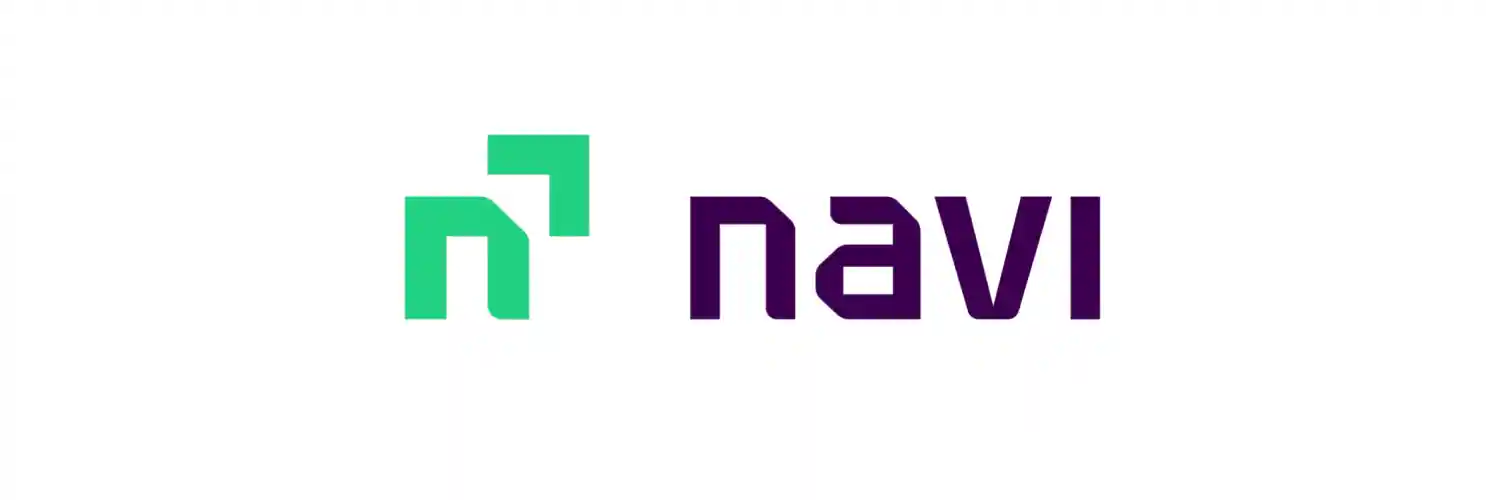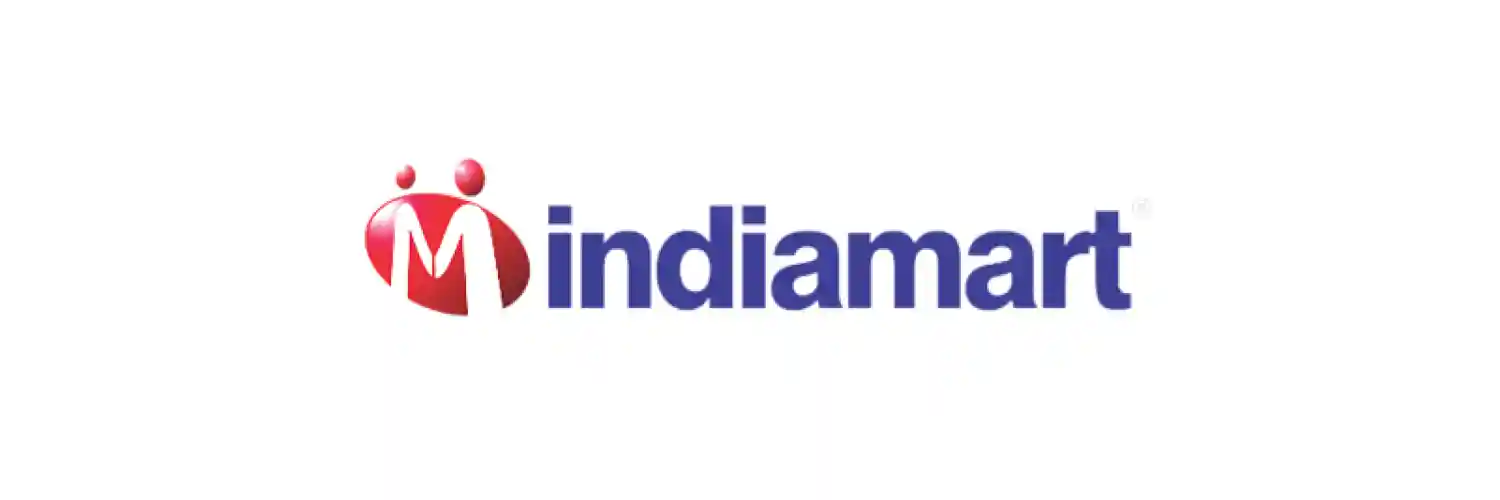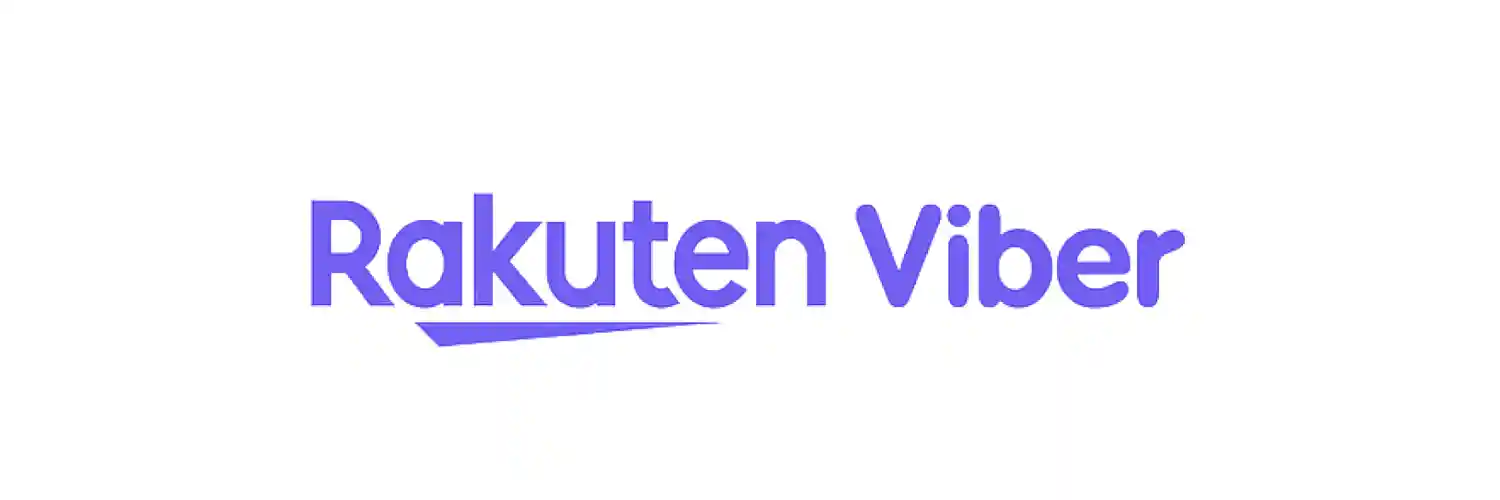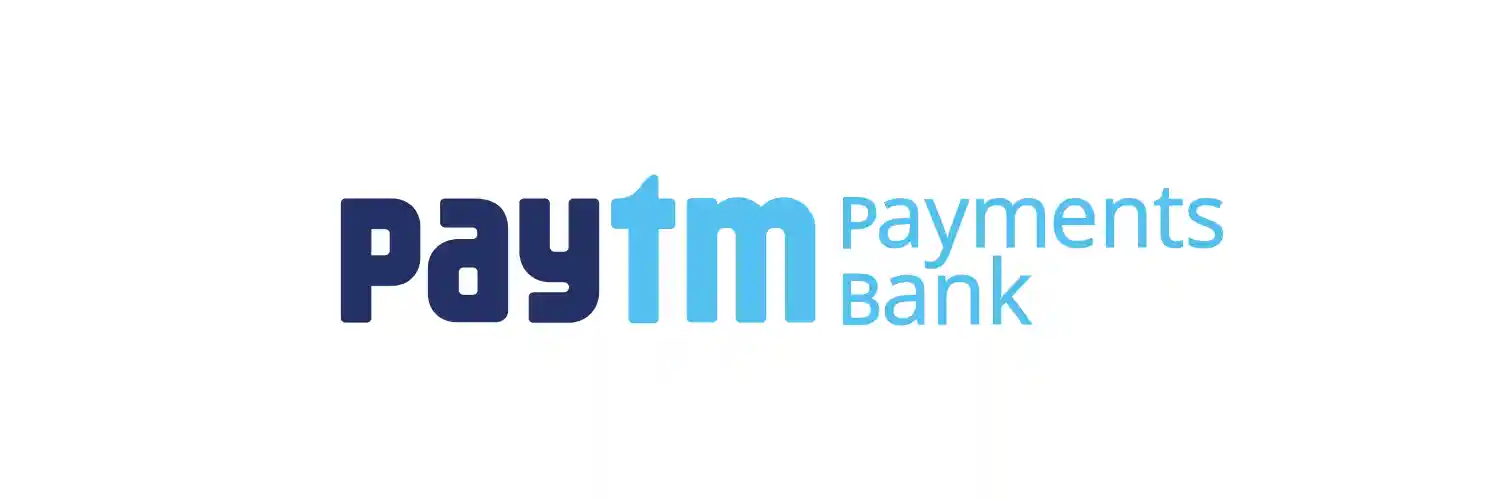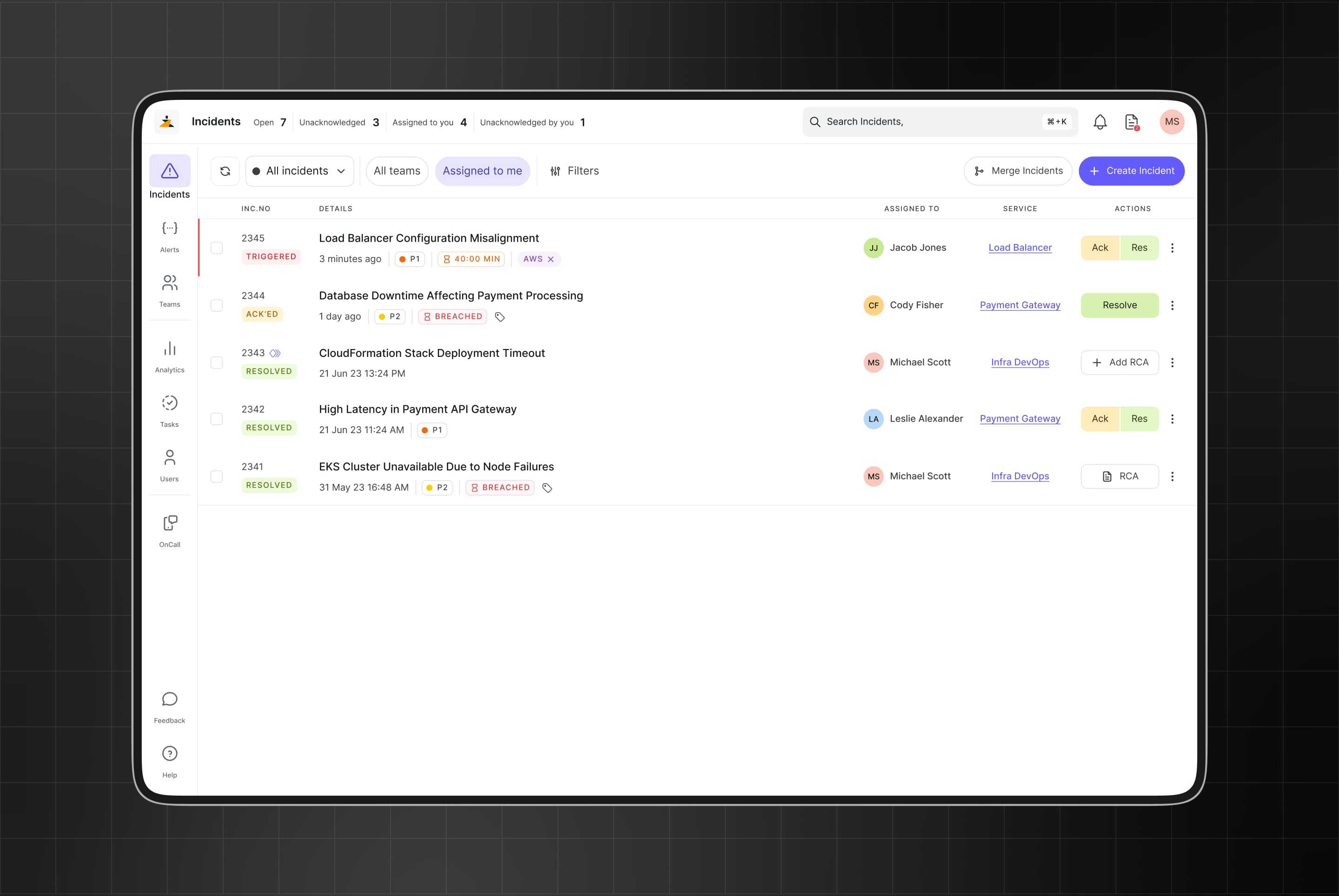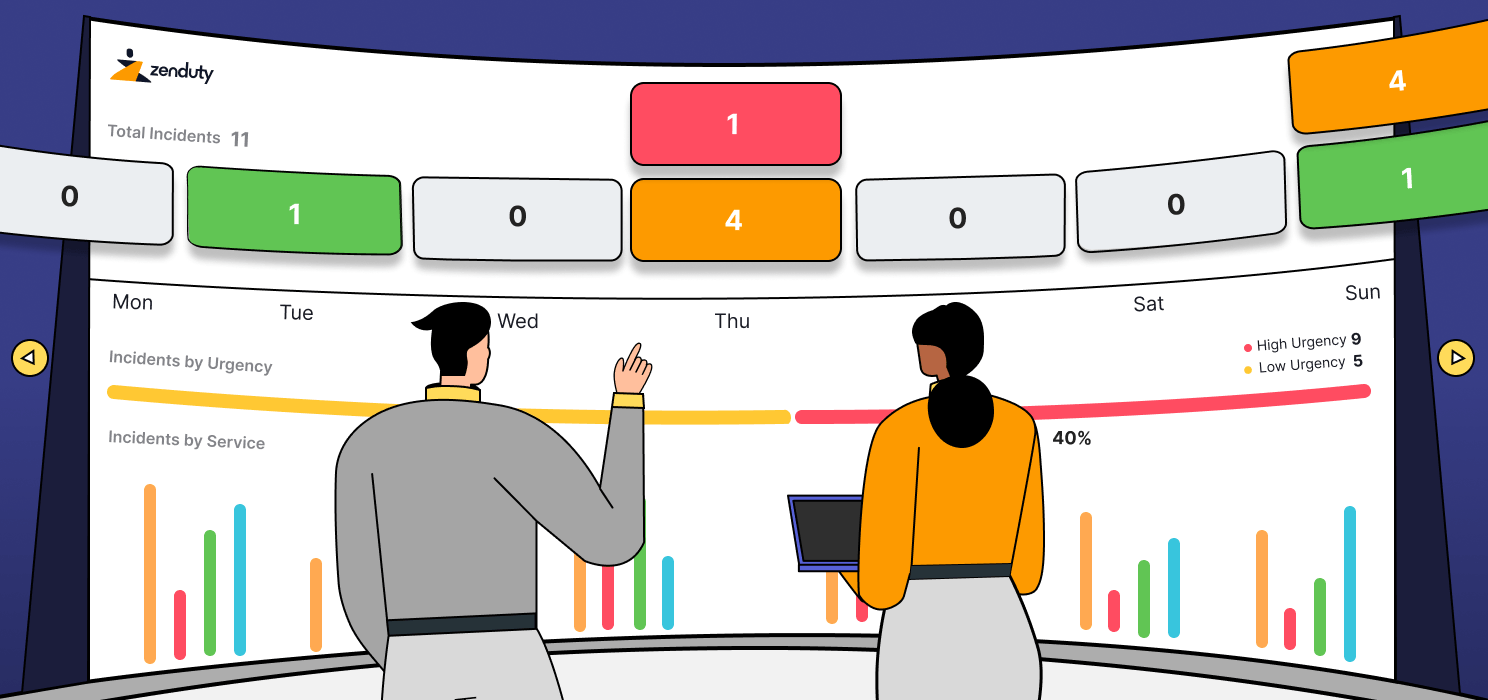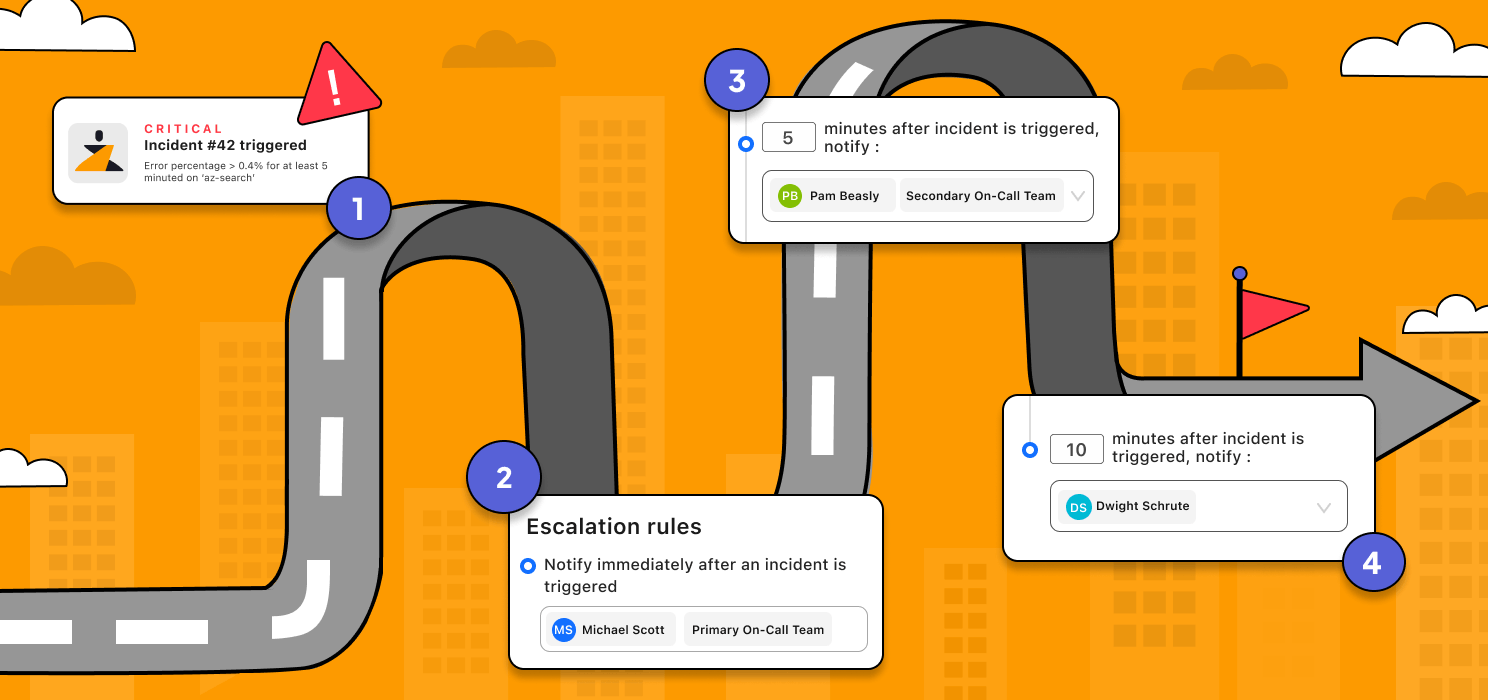Incident Management Software
Respond, resolve, and learn from incidents effortlessly with Zenduty, the best incident management solution.
![[object Object]](https://d8x2313t22dpf.cloudfront.net/landing/zen/v4.2.7.6/static/1a7b05608ad16acd352f5de19815062b/210f0/incident_management_hero.png)
What is Incident Management Software?
Incident Management Software is a dedicated solution crafted to assist organizations in efficiently managing and responding to incidents. It provides a centralized platform to track, prioritize, assign, and resolve issues systematically and effectively.
Challenges faced by organizations
With Incident management software, businesses can streamline their incident response processes, minimize downtime, and ensure timely resolution of issues.
Lack of centralized incident tracking
Communication gaps & Inconsistent incident response
Manual and time-consuming incident processes
Limited visibility and reporting tools
Inefficient resource allocation
Increased business impact
Benefits of Incident Management Software
With a top-notch incident management system, businesses can experience:
Streamlined incident response and resolution
Improved collaboration and communication
Efficient prioritization and escalation of incidents
Comprehensive incident documentation and knowledge base
Actionable insights through reporting and analytics
Compliance and audit trail
Seamless integration with monitoring tools
Continuous improvement and prevention of future incidents
Faster incident resolution for better customer experience
Enhanced operational resilience and reliability
Key features of Incident
Management Software
Incident Assignment
A strong incident management solution enables the effective routing of problems to the correct team, ensuring the necessary resources are quickly engaged to handle the issue. When events occur, the so....
ITIL Management
An effective Incident management system helps facilitate ITIL guidelines, enabling organizations to align their processes with industry standards.
Standardized Workflow
The software allows the documentation of failures and troubleshooting steps, facilitating knowledge sharing and enabling teams to learn from past incidents.
On-call management
Flexible on-call scheduling, shift management escalation options, on-call weekly calendar views, and time zone-based override options are all available inside the software.
Reports and Analytics
The incident management tool helps to generate comprehensive reports and analytics that offer valuable insights into workload distribution, incident trends, and customer satisfaction levels.
Best Practices for Incident Management

Define the Incident's Scope
Define exactly what an 'incident' means in your business setting. This is important because it can differ from organization to organization.
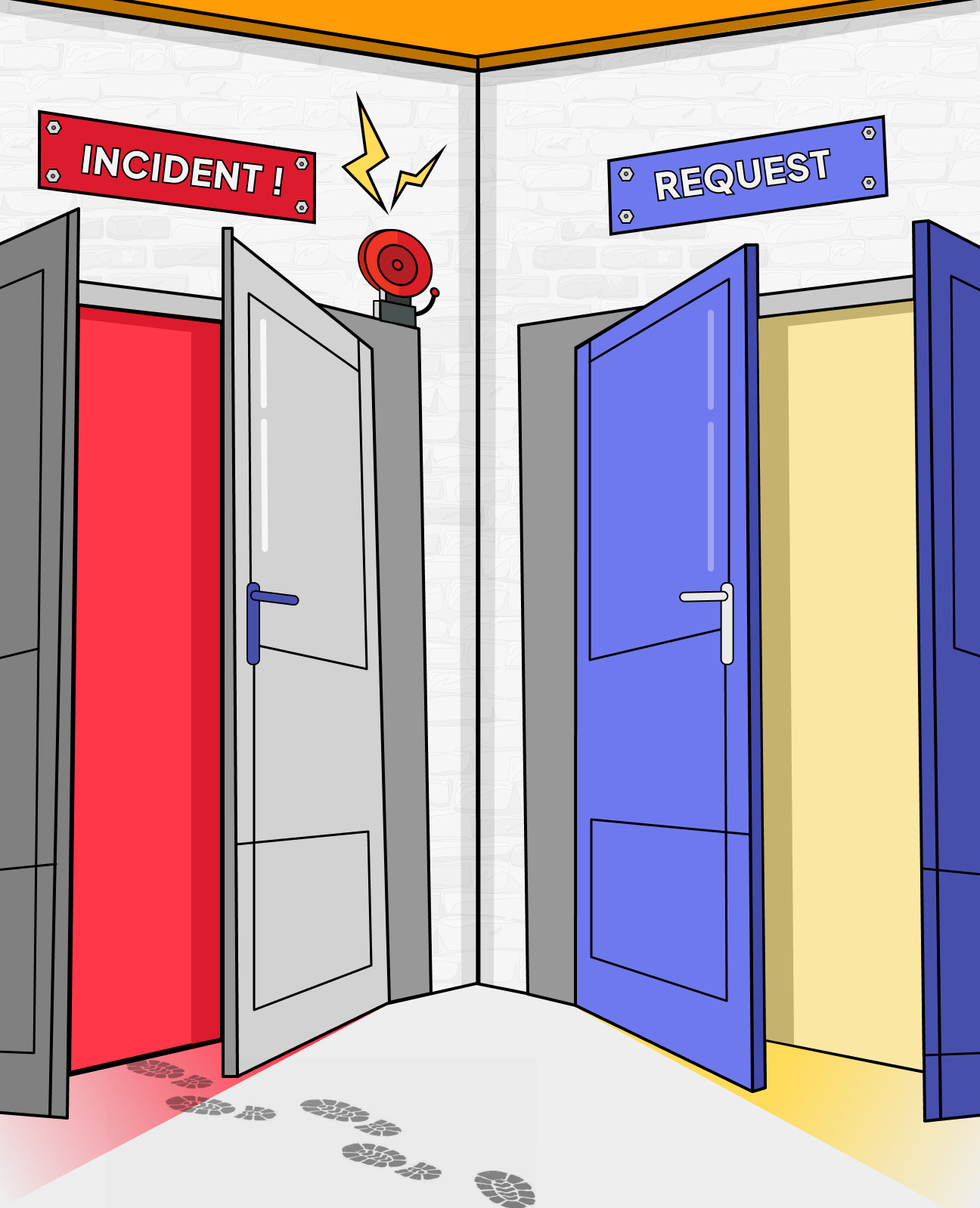
Distinguish Incidents from Requests
Differentiate between incidents and requests to avoid confusion. Incidents are unexpected events that disrupt operations, while requests are additional demands from end-users.
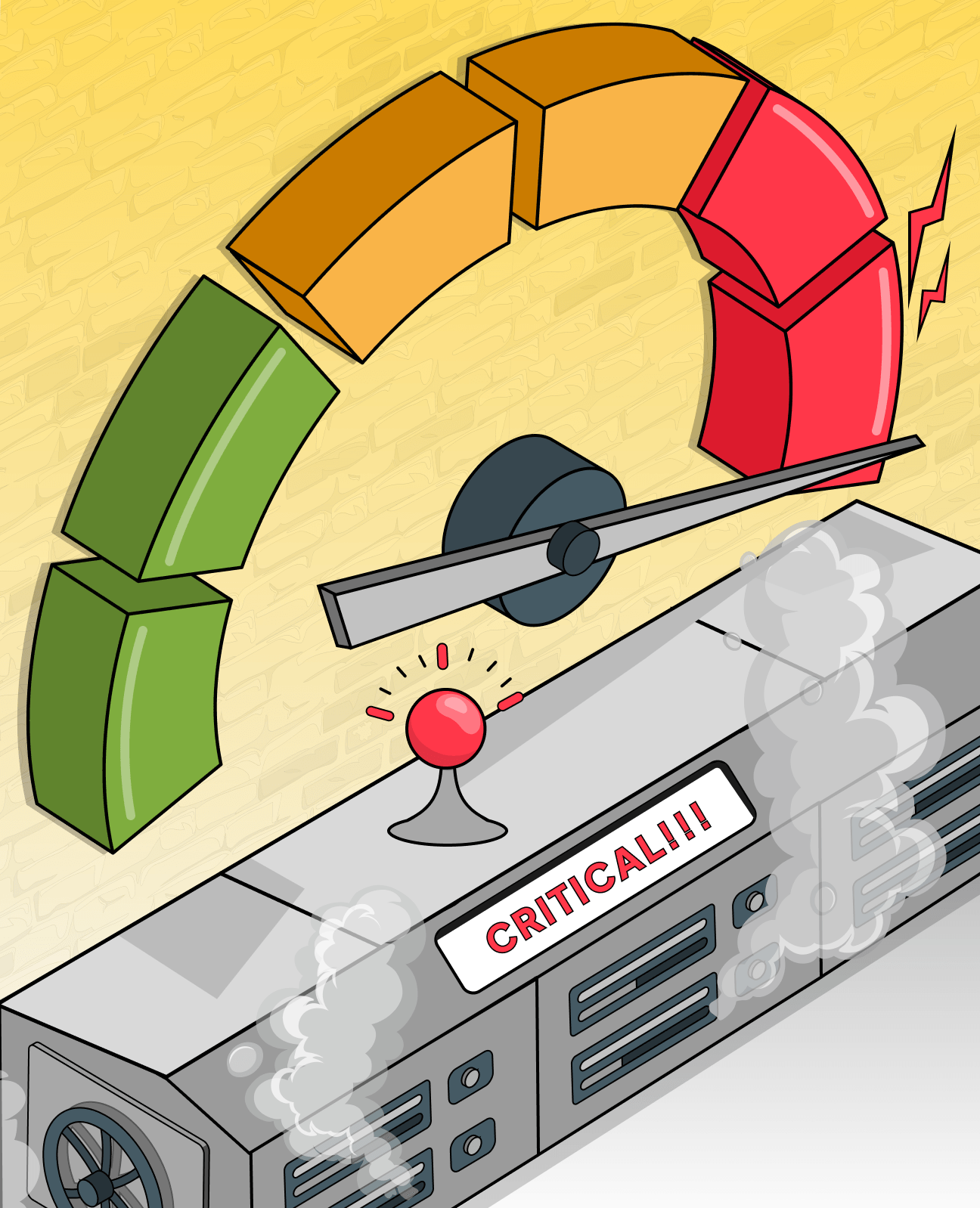
Understand Incident Severity and Urgency
Prioritize incidents based on their severity, urgency, and impact. Some incidents require immediate attention, while others can be addressed more quickly.

Identify the Right Talent
When assembling your incident response team, look for individuals with the necessary skills and a genuine passion for technology.
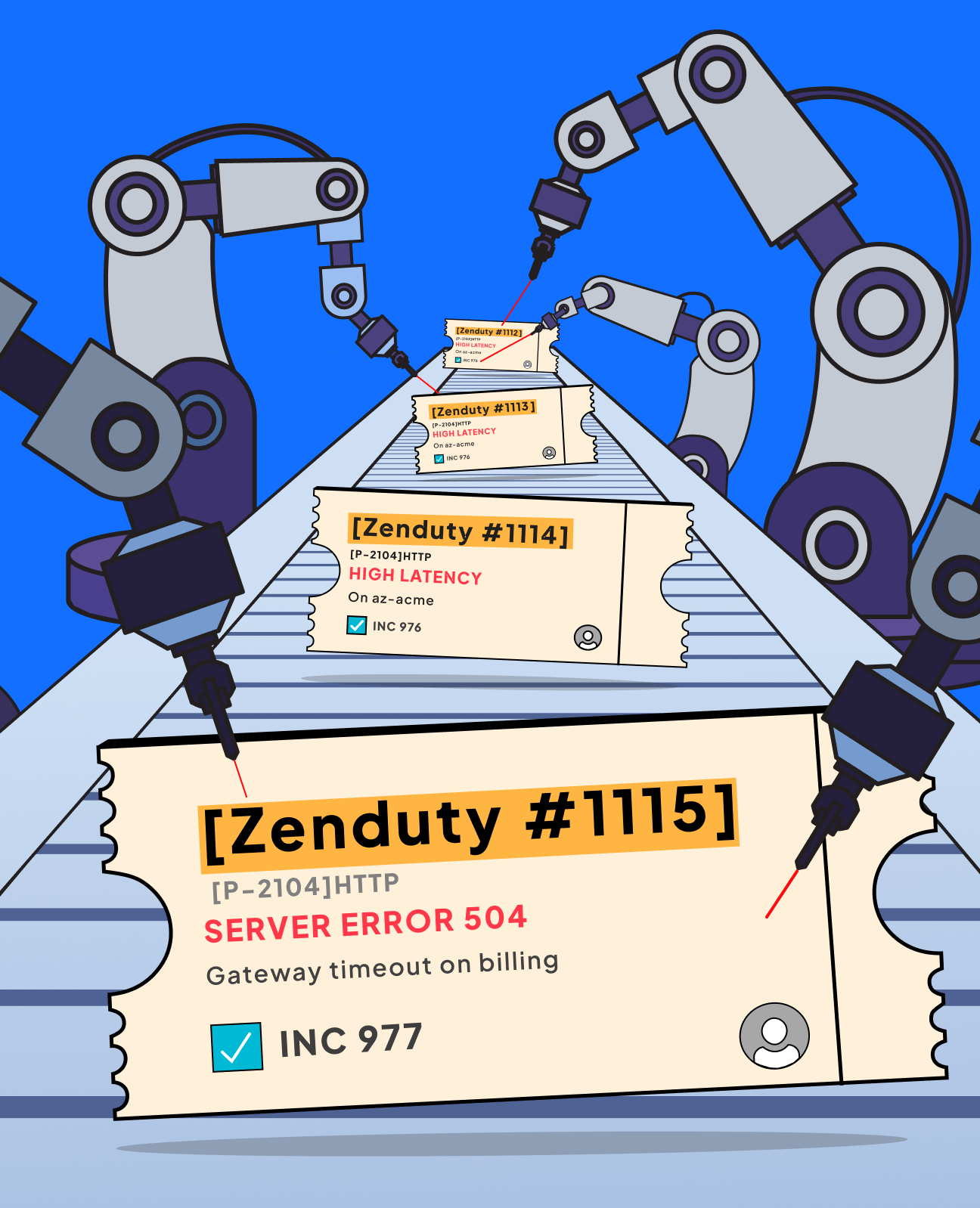
Use Automation Tools
Maximize efficiency and productivity in incident management with automation tools that automatically assign tickets to individuals or departments, enabling seamless collaboration and optimized work distribution.

Choose the Right Communication Channels
Your choice of tools will ensure effective and efficient communication between end-users and your IT team, enhancing the incident management process.
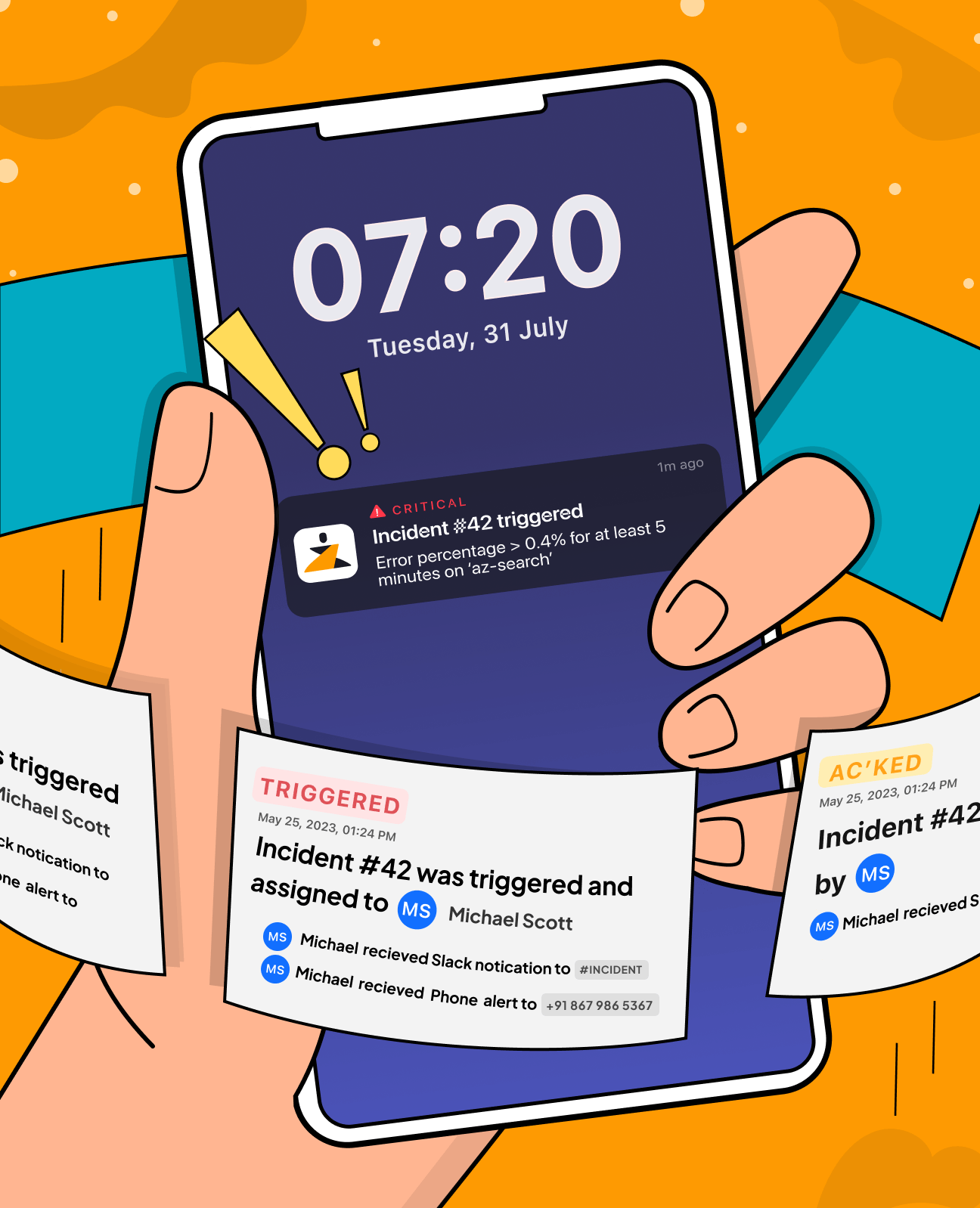
Keep IT representatives and end-users informed
Regular updates on incident progress ensure effective communication, reduce unnecessary inquiries, and maintain transparency throughout the incident resolution process.

Improve your internal knowledge base
Restructure the information architecture, redesign documents for readability, and gather regular feedback through surveys to ensure the self-service content meets the needs of IT end-users.

Blameless culture
Identify the underlying causes of major incidents.Foster a supportive culture where individuals take ownership of incidents and embrace a learning mindset, focusing on problem-solving and improvement rather than blame.

Provide Training and support
Boost your incident resolution and IT support experience by training your team effectively. Equip them with certifications like ITIL 4 Foundation, SIAM, CompTIA A+, or Google IT Support Professional Certificate to enhance their skills and confidence.
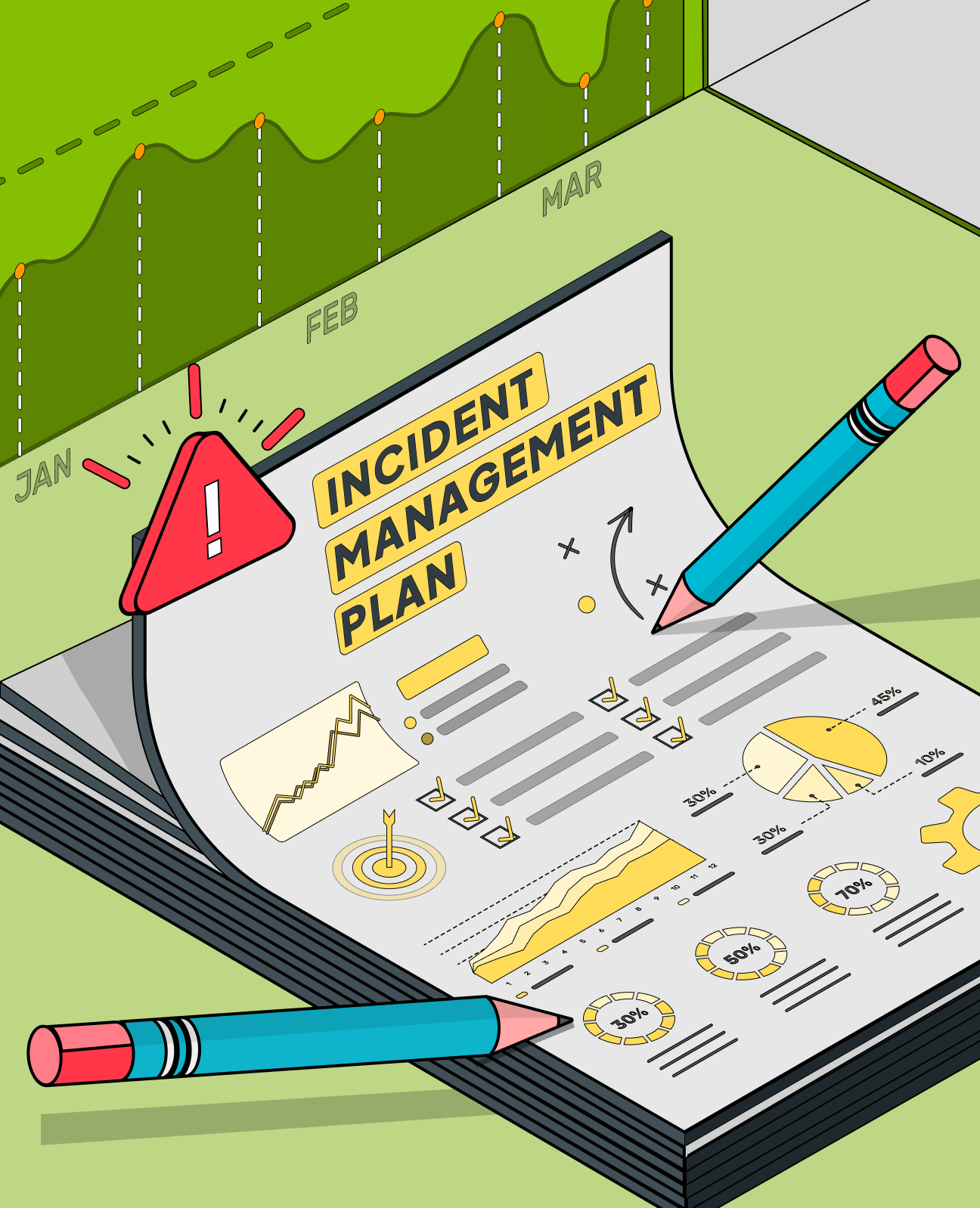
Test and Review
Thoroughly review your incident management plan before implementation to identify strengths and areas for improvement. Monitor key metrics like incident volume, resolution time, downtime, knowledge base effectiveness, and customer ratings to track progress and optimize performance.
Choosing the Right Incident Management Software
Consider these essential questions when evaluating incident management software:
Is the software user-friendly, or will it require extensive training for our team to adopt and utilize effectively?
Can the software handle our current engineering scale?
Does the software offer advanced incident response orchestration capabilities that can be customized based on our team and incident scenarios?
What integrations does the software provide with our existing tools and systems, such as APMs, security systems, ticketing systems, and bug tracking?
How does the incident management solution provide incident context to expedite the root cause analysis (RCA) process?
How does the incident management system facilitate inter-team and intra-team collaboration during critical downtimes involving multiple services?
How does the software handle incident notifications and alerting, and can it be tailored to fit our notification preferences and escalation processes?
What reporting and analytics capabilities does the software offer, enabling us to gain valuable insights and metrics for post-incident analysis and improvement?
What is the vendor's track record in terms of uptime and reputation in the incident management space? Are there customer reviews or references available?
What is the total cost of ownership, including licensing fees, support, and any potential hidden costs or limitations to consider?
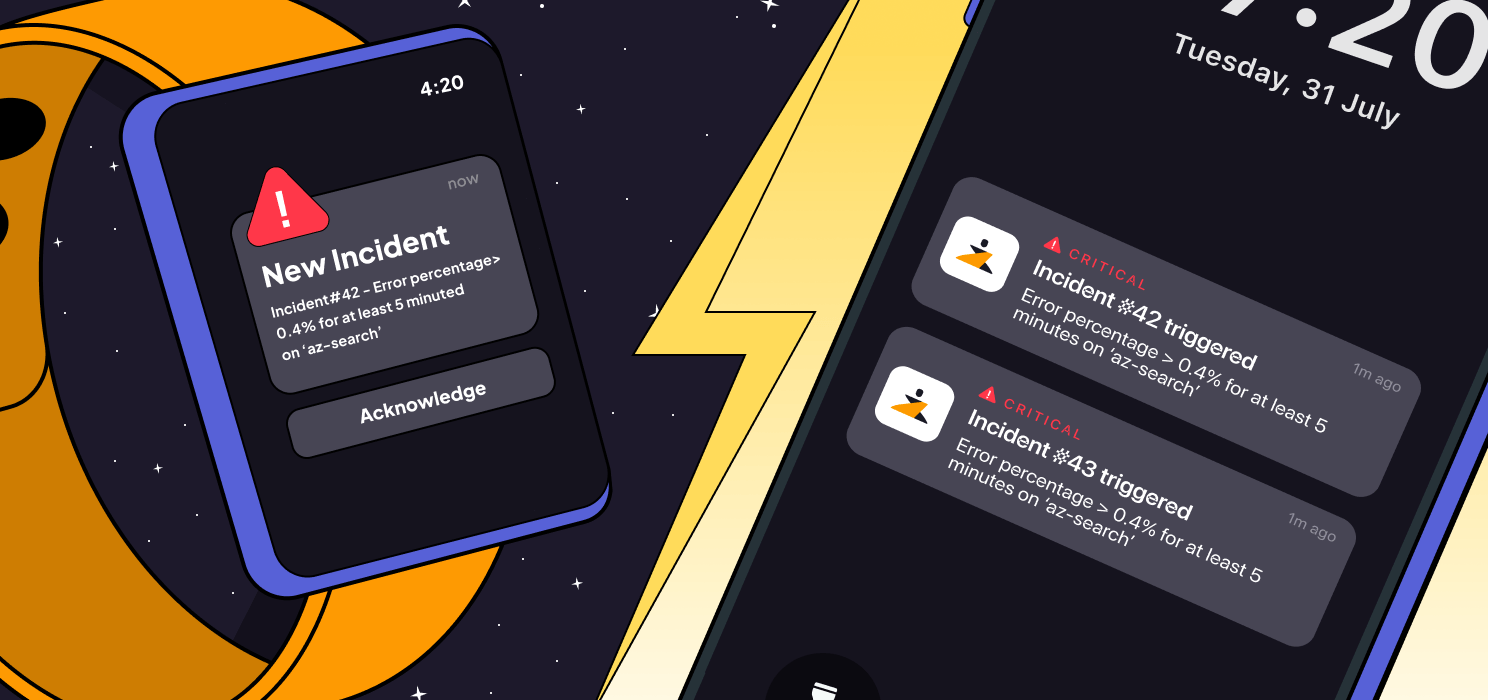
Incident Alerting
Incident Alerting
Integrate with 100+ monitoring tools and receive critical incident alerts via phone, Slack, MS Teams, SMS, Email, Android and iOS notifications.
Learn More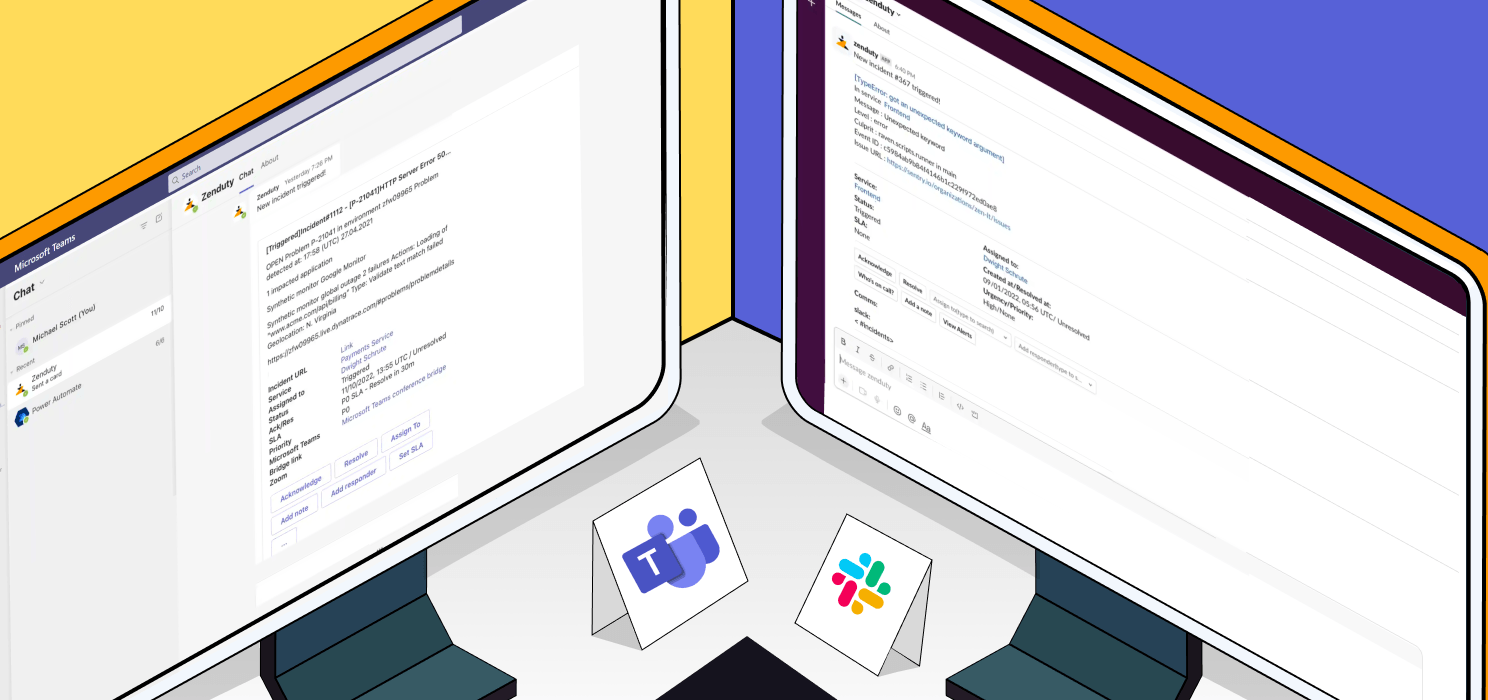
Incident Response
Incident Response
Manage incidents end to end from Slack, Microsoft Teams and on the move right from your comms channel.
Learn More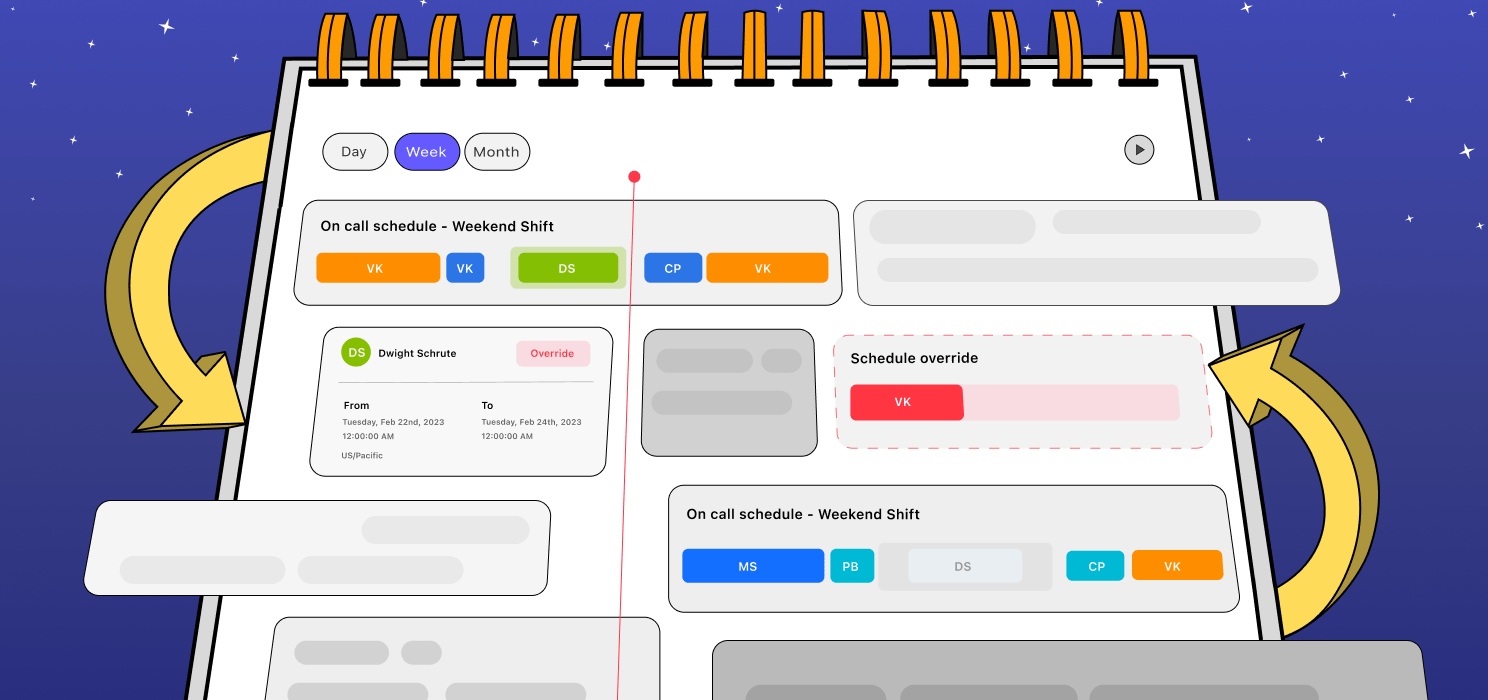
On-Call Management
On-Call Management
Flexible on-call scheduling & escalations for shift management, on-call weekly calendar views, and override options across time zones.
Learn More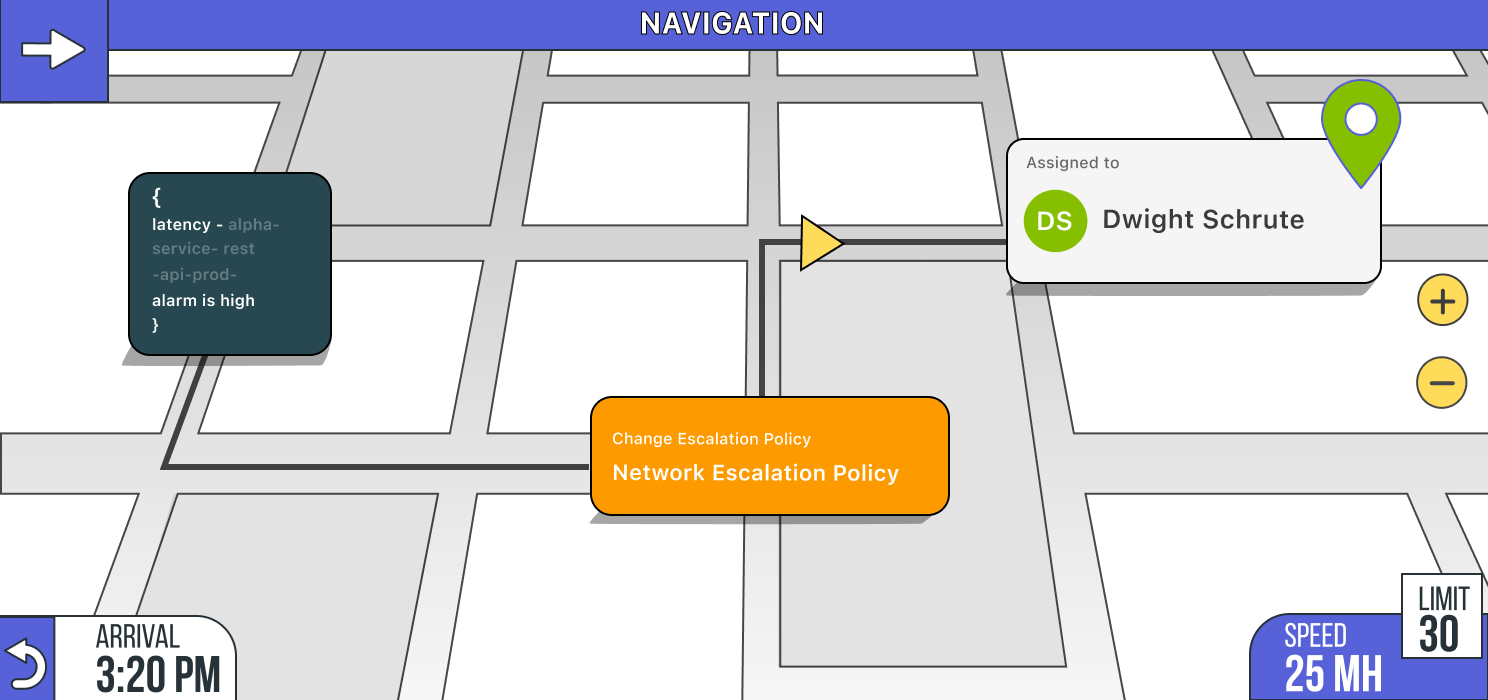
Custom Alerting Routing
Custom Alerting Routing
Logical routing of alerts to relevant SMEs, smart alert suppression for noise reduction, dynamic escalations, task assignments.
Learn MoreWhy Zenduty is the best Incident Management Solution?
With Zenduty, organizations gain access to a range of powerful capabilities, such as:
A customizable, concise dashboard
Intuitive user interface
Overview of the organization's operational health
Customizable alert rules and escalation policies
90% faster Mean Time to Acknowledge(MTTA)
60% faster Mean Time to Resolve(MTTR)
Improved customer retention with higher site reliability
Lower your churn and increase your customer lifetime value(LTV)
Uninterrupted Operations, Every Time!
Frequently asked questions, answered.
General
Pricing
Support
You're in Good Hands
Ready to revolutionize your incident management process?
Your robust incident management and alerting platform. Organizations have experienced reduced alert fatigue with over 60% reductions in MTTA & MTTR while experiencing growth.








